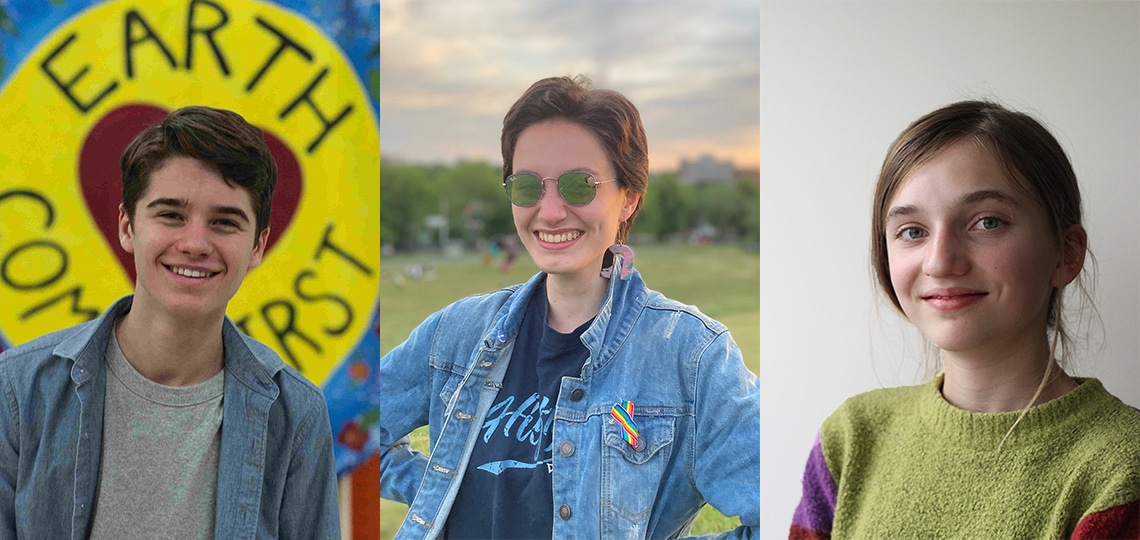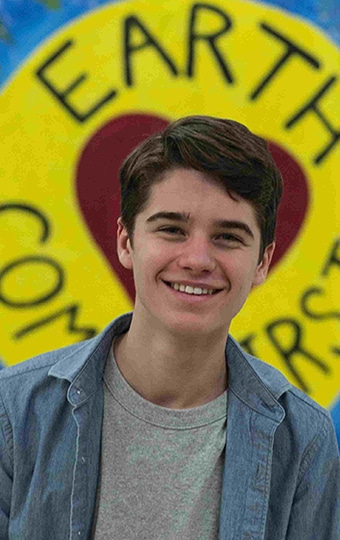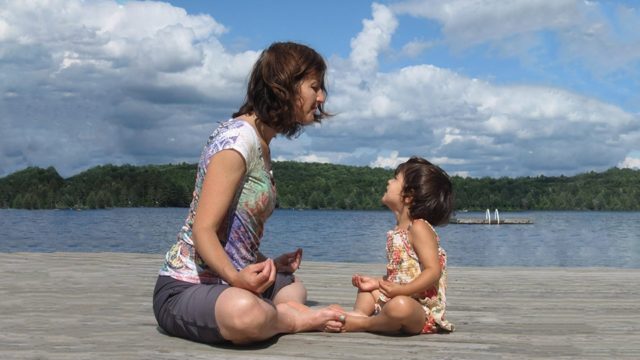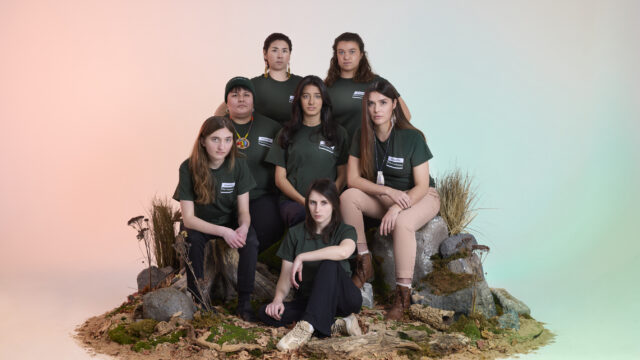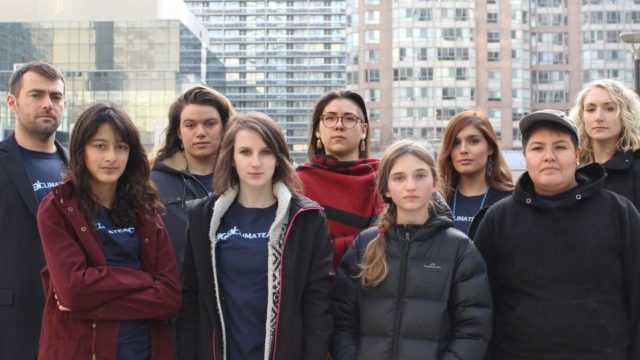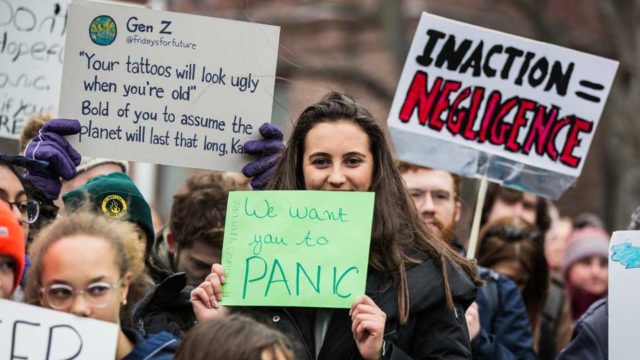On Sept. 25, 2020, young people around the world will participate in a global day of climate action. Ecojustice spoke with three young leaders about why they care about the climate crisis, how they plan to safely strike in the middle of a pandemic, and their vision for a sustainable future.
In September 2019, millions of people took to the streets to participate in the biggest climate strike in history.
Since then, the COVID-19 pandemic has shifted the world’s political, social, and health landscapes. But climate change is just as real and even more urgent than it was a year ago.
That’s why, on Sep. 25, 2020, young people from around the world will join together for another global day of action. Together, they’re calling on governments to ensure COVID-19 recovery policies will put us on the path to a world that is more just and sustainable.
Learn more about the Global Day of Climate Action, via Fridays for Future.
Ecojustice spoke to three Canadian youth climate activists to find out why, in the words of author and poet Sonya Renee Taylor, we can’t “go back to normal.” Read on to find out what they had to say.
Zoe Keary-Matzner (she/her), 13, Toronto
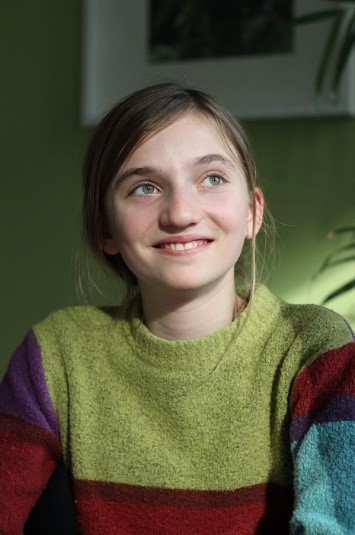
Zoe Keary-Matzner is one of seven young people taking the Ford government to court for weakening Ontario’s 2030 climate target. Read more about that case here.
Ecojustice: How does climate change impact you on a personal level and how does this motivate you to take action?
Zoe: Whenever I see the news, when I see the photos of the fires, I feel really worried for my future and my friends’ futures. I feel I need to do as much as I can to have a say in our future and the future of our world.
Ecojustice: When you think about the future, what do you hope your climate activism will accomplish?
Zoe: I hope that in the future we will transition off fossil fuels and retrain fossil fuel workers for cleaner jobs in renewable energy. I hope we will protect biodiversity and stop the mass-extinction of wildlife. I hope that no one will have to suffer from lack of food. I hope our cities will be greener, people will be walking, biking, and taking public transit. I hope our society will be more equitable and fair. I hope schools will teach kids about what we avoided and about how we can protect our world. Right now, the government is planning our recovery from this pandemic – we need to tell them to invest in this future!
Ecojustice: Is there anything else people should know about you?
Zoe: As well as participating in the rally, another really good thing to do is to write letters to Members of Parliament asking them to invest in a just recovery for all. If a lot of people write letters, MPs will realize that people really care about these issues!
Cooper Price (he/him), 16, Toronto
Ecojustice: Why is it important to you to be part of the Fridays For Future movement and the Sept. 25 day of action?
Cooper: Most youth in our country have seen that if we don’t push our leaders to take action and do the right thing, they simply won’t do it. I’m part of the Fridays For Future movement because grassroots movements like this one get their power from individual members. Right now, my participation is the best thing I can do to fight for climate action.
Ecojustice: When you think about the future, what do you hope your climate activism will accomplish?
Cooper: The message we are sending to our leaders is that we are not going back to the world we lived in before. We are demanding that the government invest in people, not corporations, that they dismantle racism and colonialism, and that they treat the climate emergency like the emergency it is. We cannot compromise on these demands and be met halfway. Time is running out and we need transformative changes today.
Ecojustice: Is there anything else people should know?
Cooper: We need everyone to join the movement. This is a crucial time for young people to put their voice out there and advocate for a future they would like to see.
Julia Sampson (she/they), 18, Kjipuktuk, also known as Halifax, N.S., on the unceded territory of Mi’kma’ki
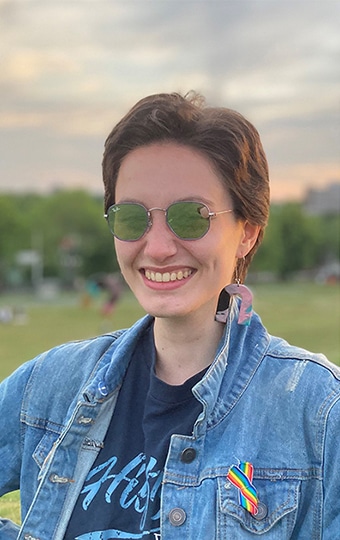 Ecojustice: Why is it important to you to be part of the Fridays For Future movement and the Sept. 25 day of action?
Ecojustice: Why is it important to you to be part of the Fridays For Future movement and the Sept. 25 day of action?
Julia: It’s important for me to be part of this movement because the climate crisis is not only threatening my future but threatening my present. Just last year we were hit by hurricane Dorian and parts of Nova Scotia had no power for weeks. But this is about more than just how the climate crisis affects me, it’s about how it affects marginalized communities in the form of environmental racism and wealth disparities. As a white person, it’s critical I use my privilege to uplift the voices of those most affected by this crisis.
Ecojustice: How will the Sept. 25 day of action be different than past youth-led climate strikes?
Julia: There’s a lot more organizing that will go into this to ensure everyone is safe. We normally march in the streets but we’ve chosen to only do a rally due to the fact that people tend to social distance better when staying in the same place versus walking in a crowd. We will have volunteer peace marshalls and we are adding what we call “COVID marshals” who will be walking around with hand sanitizer and extra masks (masks will be mandatory) and making sure people stay in their ‘bubbles’ and a safe distance away from other people and groups. This strike will be very different but I think it’s important to find ways to continue to demand climate justice when we’re in a pandemic.
Ecojustice: When you think about the future, what do you hope your climate activism will accomplish?
Julia: I hope this movement will change the way we live in many ways: that we will prioritize climate justice in all levels of government and society, and that campaigns like a green new deal, just recovery and not going back will be implemented into society to ensure that everyone has an equitable way of life and that life can continue on this planet in a sustainable way.
Answers have been edited for length.

